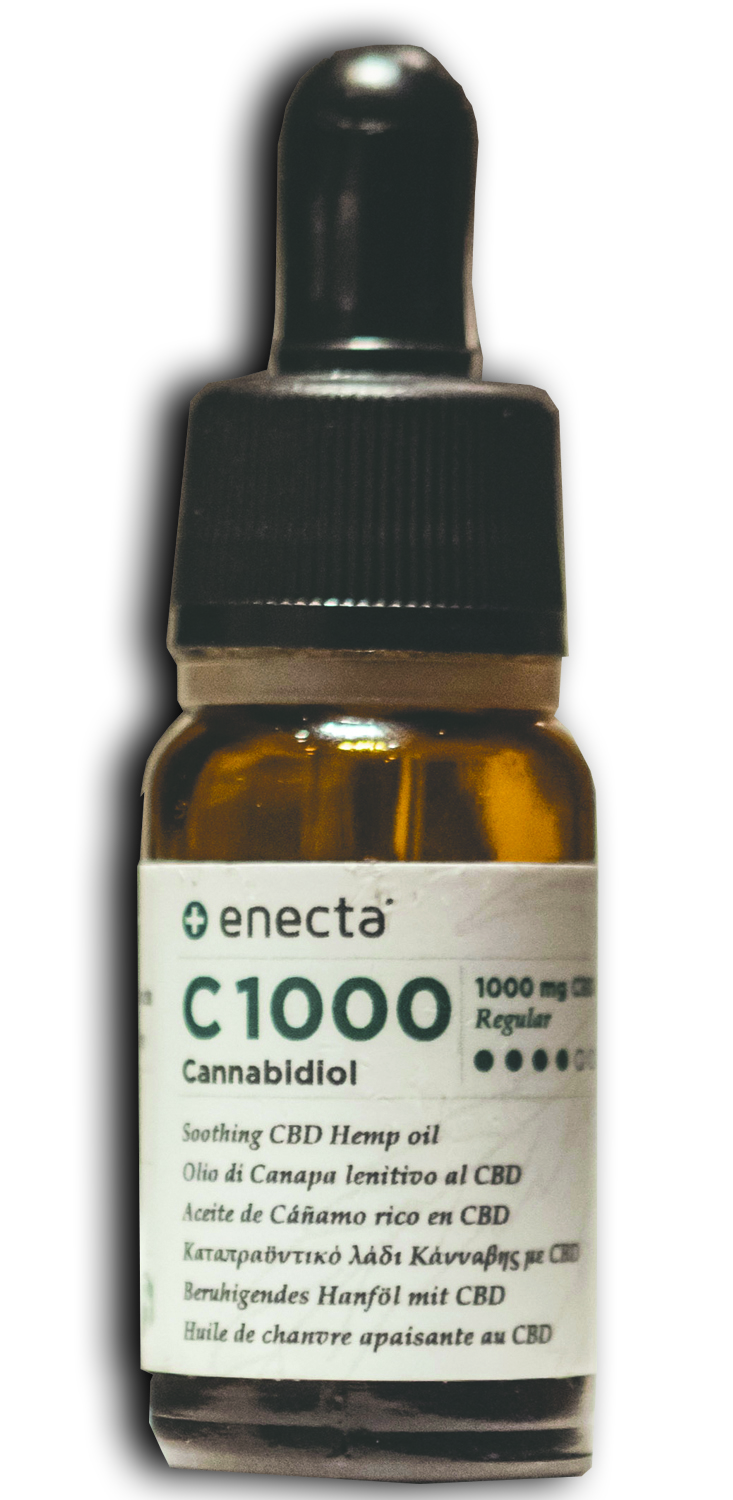Will Phillips
Minden Press-Herald
During Louisiana’s most recent legislative session, lawmakers passed two house bills that would regulate and make legal the sale of Cannabidiol, otherwise known as CBD.
The first was House Bill 138, which would make it so “hemp” doesn’t get grouped in with the regulations that apply to marijuana.
The second was a bill that lays out the guidelines for growing hemp legally. This makes it so CBD manufacturers can officially start working with regulators in the Louisiana Office of Alcohol and Tobacco Control (LOATC).
They have since started issuing temporary permits to those who wish to sell CBD, as long as those establishments are in line with the new regulations.
Local business owner Garland Traver of Pea Patch Produce, one of the few places in Minden that sold CBD before the regulations took effect, offered his perspective on what selling this product was like before the regulations.
“It was starting to sell well,” he said. “Most of your customers were older people. It’s an anti-inflammatory, so it’s good for arthritis. A lot of them were a little afraid of it being marijuana. You had to show them that it wasn’t, and explain to them what hemp is and what marijuana is and what THC is and that hemp doesn’t have it. We’ve done 0% THC from day one,” said Traver.
He then went on to explain why exactly people started selling CBD so quickly and the government’s part in starting to regulate the process.
“Trump signed a bill in December of last year that legalized hemp up to 0.3 percent of THC. That’s what kicked this thing off and everybody jumped in. Well, midstream the state said you can’t do this, so we quit. The legislature was in process, they had a bill, and they said they were gonna fix it, and they did.
We had a lag time of five to six weeks where we couldn’t sell it. I was asked to put my signs up and stop, and I haven’t sold any for about a month.”
According to the world health organization, “Cannabidiol (CBD) is one of the naturally occurring cannabinoids found in cannabis plants. In humans, CBD exhibits no effects indicative of any abuse or dependence potential.
CBD has been demonstrated as an effective treatment of epilepsy in several clinical trials, with one pure CBD product (Epidiolex®) currently in Phase III trials. There is also preliminary evidence that CBD may be a useful treatment for a number of other medical conditions.CBD is generally well tolerated with a good safety profile. To date, there is no evidence of recreational use of CBD or any public health-related problems associated with the use of pure CBD.”
Essentially, CBD products are those that have the potential medicinal benefits of hemp’s sister plant marijuana, without any of the chemicals that get people high.
Businesses like Traver’s aren’t going to be able to start selling CBD products again until they get a temporary permit from the LOATC, but he doesn’t believe that it is necessarily a bad thing. “It’s just a state process you have to go through, deliver the papers, get a health department certificate, but the main thing, it looks like to me, is the label.”
According to the application for a temporary CBD permit, “the label must contain ‘This product has not been evaluated by the Food and Drug Administration and is not intended to diagnose, treat, cure, or prevent any disease,’ the label shall not contain any medical claim, and the label shall have a Scannable code, QR code, or a web address linked to a website that contains certification of analysis provided by law.”
I’ve got no problem with this. It’s gonna be a little more time added to the process, but once we get it situated, I won’t have a problem,” said Traver.




